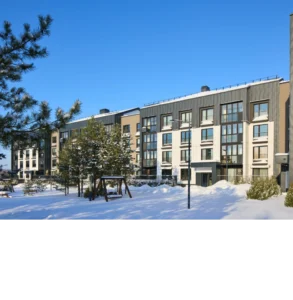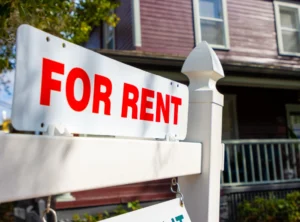
Why Fair Housing Applies to Maintenance Too
When the Fair Housing Act (FHA) comes up, the conversation typically centers around leasing, advertising, or resident interactions. But an often-overlooked aspect is how maintenance services, including unit repairs, are handled. While the FHA doesn’t directly reference “repairs” or “maintenance,” it clearly prohibits discrimination in the delivery of housing-related services. This broader interpretation includes how repair requests are prioritized, addressed, and communicated. Every resident—regardless of their race, national origin, disability, or any other protected category—deserves the same level of service and respect when it comes to their home’s upkeep.
When a Maintenance Delay Becomes a Legal Concern
Delays in repair work are part of property operations. Supply chain disruptions, vendor availability, and resident scheduling can all slow things down. But when a resident starts to believe these delays are linked to their protected status, it moves into fair housing territory. Even if a delay is legitimate, a resident’s perception of unequal treatment can lead to a discrimination complaint. That’s why it’s critical to be consistent and transparent about how repair requests are handled. The moment it seems that one resident’s needs are regularly deprioritized compared to another’s, it opens the door to legal scrutiny under fair housing law.
How Property Managers Can Stay Compliant
Maintaining fairness and avoiding even the appearance of discrimination means taking a proactive and thoughtful approach. It begins with consistent service. All repair requests should be managed with the same urgency and level of professionalism. Communication plays a big role as well. Residents should be kept informed about delays and next steps. A quick call or email updating them on a backordered part or a rescheduled technician can go a long way in preventing frustration and mistrust.
Documentation is also essential. Keeping clear records of when requests were made, what steps were taken, and any follow-up conversations provide valuable support in the event of a complaint. These records show that decisions were based on operational realities—not on who the resident is. In addition, regular training for office and maintenance staff helps reinforce the importance of equitable treatment and teaches teams how the FHA applies beyond leasing.
When complaints do arise, timely and respectful resolution is key. Addressing concerns quickly and thoughtfully not only resolves the immediate issue but also strengthens your community’s trust in your commitment to fairness and equal treatment.
Building Trust Through Fairness
Although unit repairs may not be mentioned by name in the Fair Housing Act, the principle of non-discrimination applies to every service a housing provider offers—including maintenance. Property managers who remain vigilant, transparent, and fair in how they respond to repair needs are doing more than just protecting their communities—they’re also protecting their teams and their organizations from legal risk. With consistent communication, thoughtful documentation, and a clear understanding of fair housing responsibilities, property professionals can ensure that every resident feels respected, heard, and equally cared for.
Source: FairHousingInstitute.com













 Accessibility
Accessibility